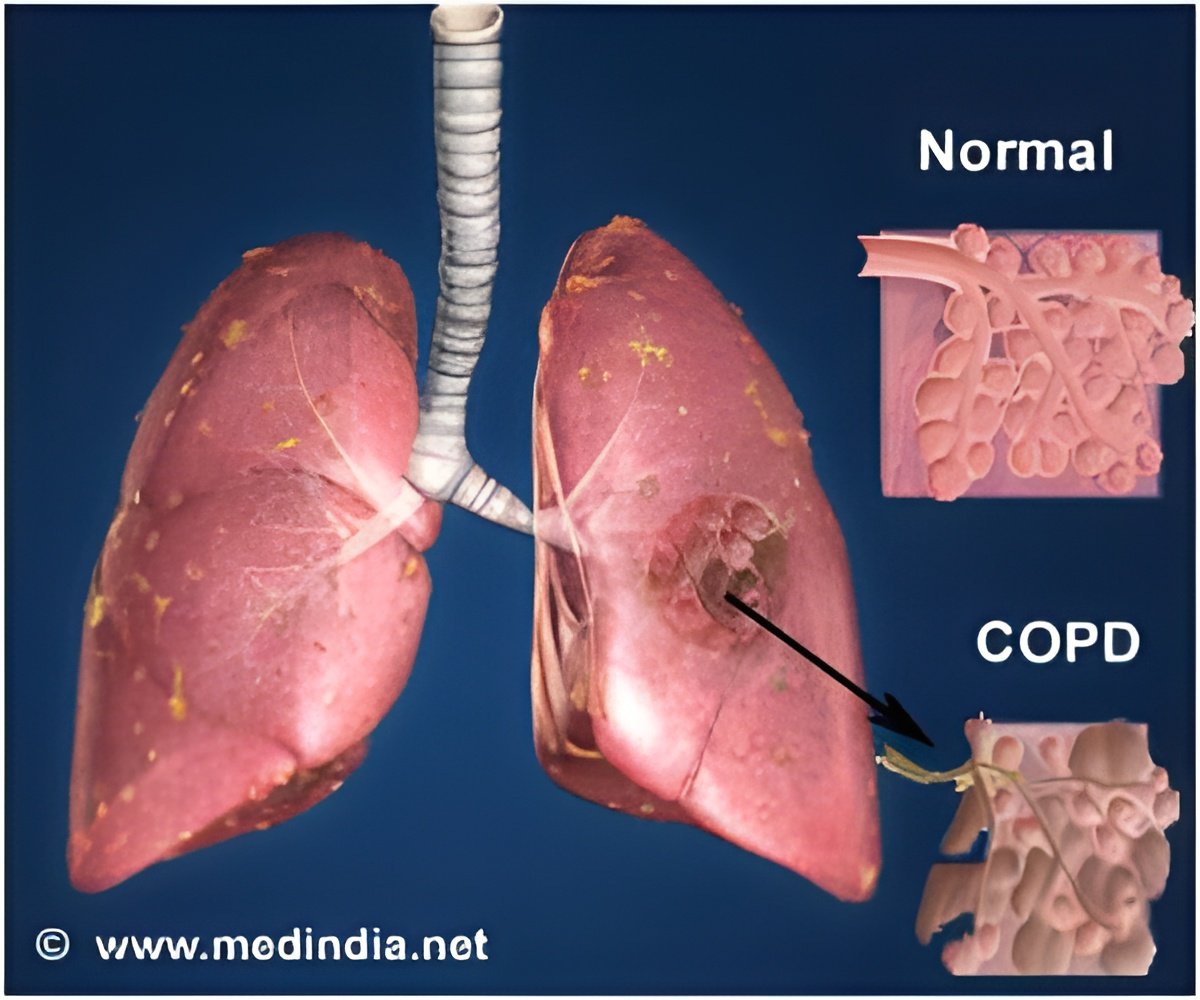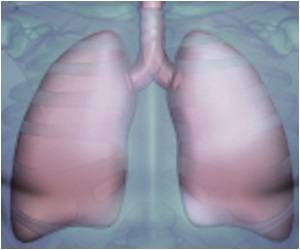
The disease is characterized by acute exacerbations, or flare-ups, which send the patient into episodes of coughing with increases in mucus, shortness of breath, wheezing and a feeling of tightness in the chest.
COPD exacerbations can precipitate repeated trips to the emergency department, hospitalizations, disability and a diminished quality of life. Some patients need oxygen to help them breathe.
The study, funded by the National Heart, Lung, and Blood Institute (NHLBI) of the National Institutes of Health, was carried out at 45 sites in the U.S. and Canada, with Temple leading the way in the number of enrolled participants.
Of the study's 877 participants, 430 took 40 mg. daily of simvastatin, a common statin drug used to prevent heart attack and stroke, and 447 took a daily placebo, or dummy pill. They were followed for at least 12 months, and some as long as 36 months.
The study enrolled patients with moderate to severe COPD who were not taking statins for other medical indications. Volunteers, ranging in age 40 to 80, were current or former smokers, and met one of the following other criteria: they used oxygen supplementation either currently or in the past, they were prescribed systemic corticosteroids and or antibiotics in the past year, or had been at the ER or hospitalized with a flare-up in the past year.
Advertisement
The study has been published online in the The New England Journal of Medicine.
Advertisement














